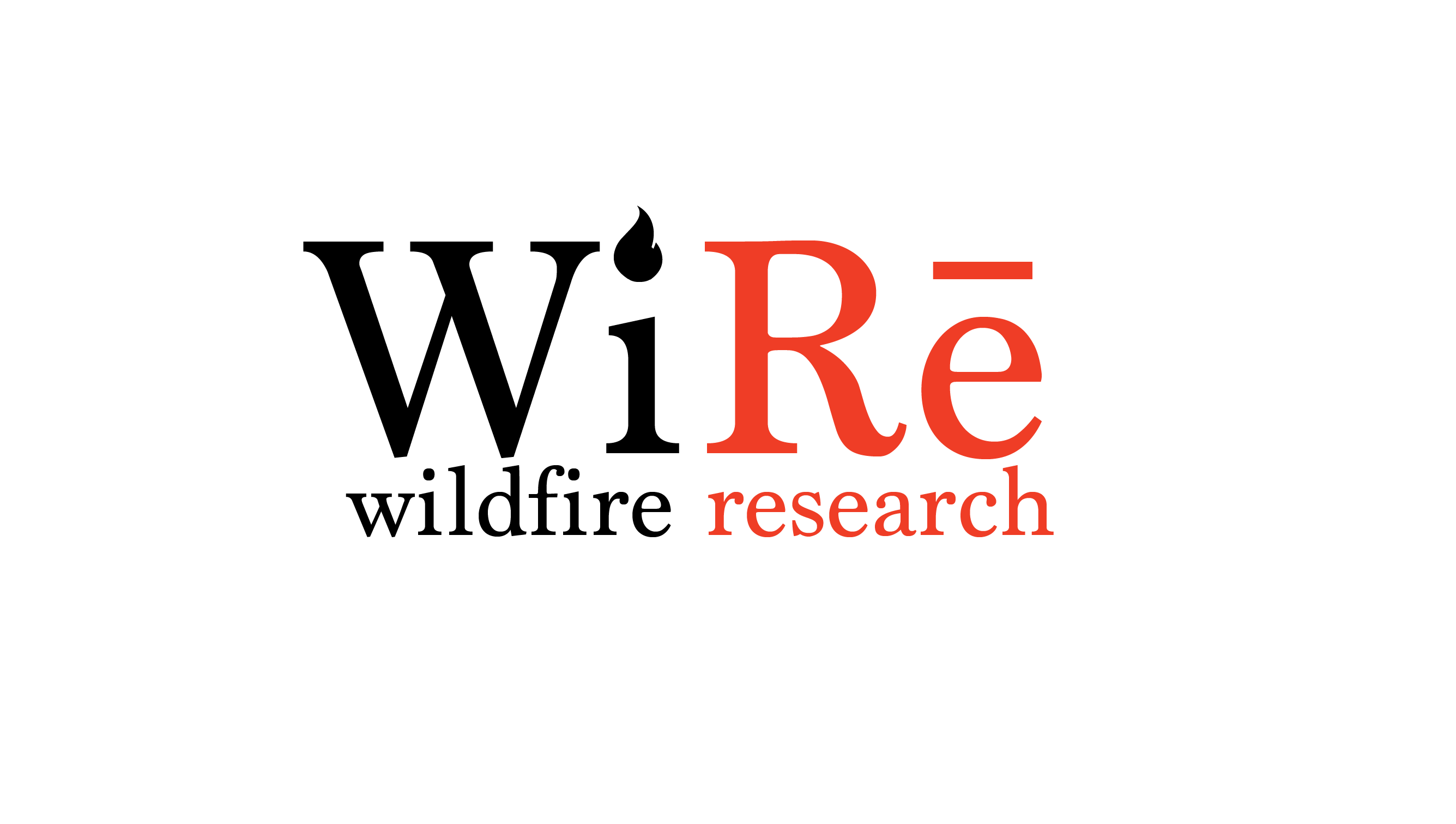Economists talk a lot about incentives: things that encourage people to make a decision one way or another. For example, a tax refund like the one Colorado offers could be thought of as an incentive that favors doing wildfire mitigation on your property.
Standard (neoclassical) theory suggests that it doesn’t matter whether an incentive reduces a cost or adds a benefit, if the two are the same size; both would be a “plus” on the side of the decision being encouraged. However, in one western Colorado community, a lot more people said yes to our survey questions asking what would encourage them to do mitigation (incentives such as financial assistance, specific information, or help doing the work) than to questions asking whether similar things are barriers keeping them from doing mitigation.
This finding suggests that offering something to people, such as financial help or information, can influence people even if they don’t feel held back by that thing (e.g., that mitigation is too expensive for them to do), which is consistent with the theory. But it also tells us that people see incentives and barriers differently and suggests, in the spirit of recent behavioral economics findings, that describing something as an incentive (a “bonus” or a “thank you gift” perhaps?) might nudge more people toward accepting it than describing that same thing as something that helps overcome a barrier (such as a “rebate” or “financial assistance”).
Source: data reported in Meldrum, Barth, Falk, Brenkert-Smith, Warziniack, and Champ (2013). Living with wildfire in Log Hill Mesa, Colorado. Res. Note RMRS-RN-66. Fort Collins, CO: US Department of Agriculture, Forest Service, Rocky Mountain Research Station. 34 p.
